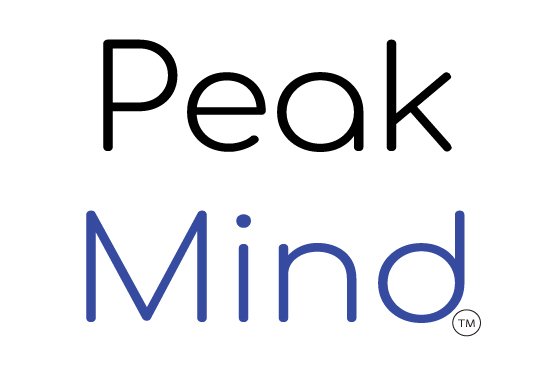Dr. Huberman talks about Stress
Well@Work Tip:
Tools to combat and lesson stress’s effect on us.
Video Recap
"Tools for Managing Stress & Anxiety" video discusses how stress affects the body and brain, and how certain tools can be used to control or reduce stress. These tools include breath work, ice baths, and exercise.
The video also discusses how to use these tools in order to modulate our response to stress and create a situation where what once felt like a lot feels manageable.
Here are some steps he recommends:
1. Stress Affects Our Body and Brain: Stress is when we feel worried or upset. It can make our body and brain feel strange.
I think this is something that we all understand and have encountered, however I think there's not been much emphasis put on what do we do to not get into the situation again. And I believe that we have not been able to scientifically calculate how this is hurting us over the long hall period there is much more scientific evidence and studies that need to be done to calculate why stress is causing 60 to 80% of disease in America.
2. Tools to Control Stress: Just like we use tools to build things, we can use tools to make stress feel better. The interview shares tools like:
a. breathing
b. ice baths
c. and exercise to help with stress
With any recommendations I would like to mention that what works for one person may not work for others. For instance, ice baths if not done properly with the right mindset can be detrimental to your body and cause more stress than relieve stress. Doing things with proper doctor guidance is always recommended.
3. Breathing is Super Important: Breathing is like the air we take in when we play outside. The interview tells us that breathing in a special way can help us feel less stressed, if done the right way. And if we do not have panic attacks that certain breathing techniques can bring on. (Citation)
When breathing is instructed, there needs to be consideration for those people who have neurological conditions and or breathing disorders that breathing exercises should not be done. Or if you are pregnant woman your doctor may not recommend that you alter your breathing to do this type of practice. (Citation)
4. The Big Sigh: Imagine taking a big breath and then letting it out with a sound. This can help us calm down quickly when we're feeling stressed. It's like a magic breath! Also called Physiological Sigh. Two breathes in, and one long breath out.
They're assigned to evidence that the physiological sigh is the number one way to regulate your autonomic nervous system. When we're stressed, our body can help fight away bad things that try to make us sick. Breathing in a special way can help our body do this better.
5. Heartbeat and Breathing: Our heart is like a drum that beats in our chest. Breathing in and out can change how fast our heart beats.
Being present within our bodies and beginning to feel the rhythm of our heartbeat can help calm us down. There are somatic therapeutics that can help us process traumas that are stored in our body. (Link)
7. Stress is Normal, but Too Much is Bad: A little bit of stress is okay, like when we're excited to do something. But too much stress can be bad for our body. The interview helps us understand this.
The difference between acute stress and chronic stress can make all the difference. When in large doses our bodies nervous system cannot keep up and restore it’s self.
8. Social Connections Help: When we spend time with friends and people we like, our body feels happier.
Isolation and loneliness can cause stress and anxiety within our bodies to flare up. Understanding our emotions is critical when we are working towards living better quality work days and overall lives. Our Peak Mind magic equation is Comprehension (of self and others) + Compassion = Connection. When we can become more compassionate to those around us, then we can begin to build safe and trusting workforces, which are key positive motivators for whether someone stays at a workplace or not. Psychological Safety will help you get towards a culture of care and connection.
10. Using Tools to Feel Better: The interview shares that we can use tools like breathing, ice baths, and exercise to make stress feel smaller.
The interview says these tools can help us when we're stressed. Hopefully we can learn how to use these tools to feel better when we're stressed.
Here are some references from the interview:
References:
The Huberman Lab Podcast link to all his episodes.
Go forth and be well. We support your journey, and know others do too!
We wish you well on your journey to well-being. If you are finding this journey hard to implement within your organization, let Peak Mind help you today.
Demo or Schedule a time to discuss how we can help you.
#BeWell and #LetsPeak
@PeakMindOnline


